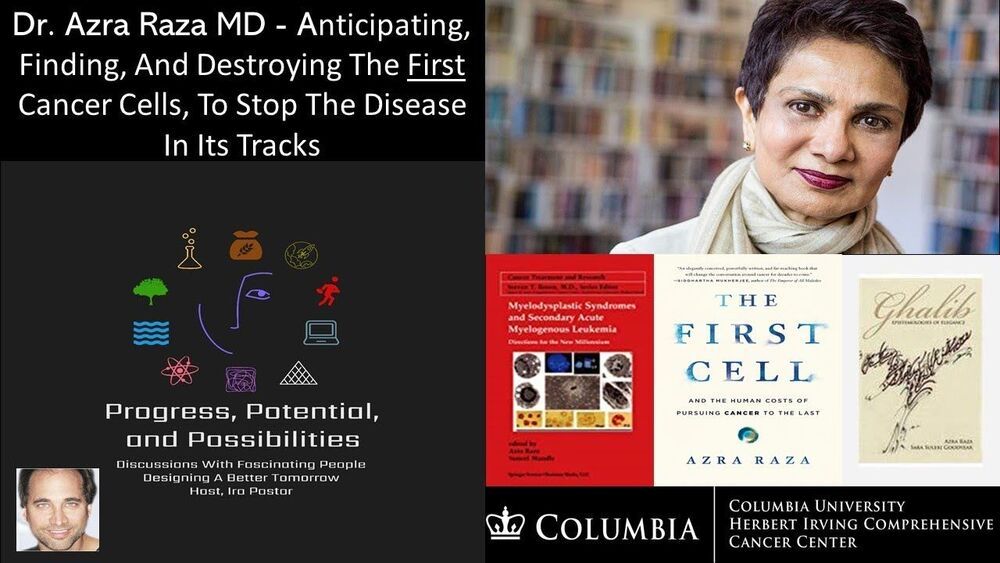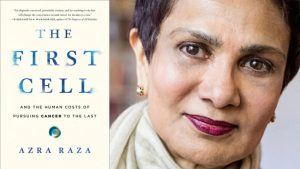


No more fighting at the endgame but hunting down the first deviant cells. She wants to change the terms of engagement. She's negotiating with a resilient and dynamic enemy. Azra Raza breaks out of the official story to tell a new one. Bespoke genetic treatments have significant limitations.

The best clinicians are usually thrown back on the primitive combination of cut, poison, and burn that as students, they thought they would look back on as an embarrassment. The drugs that are declared successes offer only a few weeks of painful extension of life. Progress is slow, but the battle is gradually being won. The doctors are generals on the barricades alongside their soldier patients. "We are accustomed to a narrative of war in books by cancer researchers. Intelligence, empathy, and optimism inform the argument for new research on cancer that could obviate the suffering prevalent today."― Kirkus "With elegant literary references and a compassion that deeply personalizes her interactions with patients and families, engages readers in a commitment to finding a better way.

Showing that compassion is just as important for cancer patients as the drugs administered to them, Raza's deeply personal work brings understanding and empathy to the fore in a way that a purely scientific explication never could."― Publishers Weekly "Raza, a Columbia University professor of medicine and practicing oncologist, offers a passionate account of how humans grapple with the scourge of cancer. "An incisive critique-cum-memoir"― Nature and she hopes to jolt people into looking for a new paradigm in the so-called war on cancer."― Henry Marsh, The New York Times Book Review One of the New York Times' Eighteen New Books to Watch For in October ― Joumana Khatib Like When Breath Becomes Air, The First Cell is no ordinary book of medicine, but a book of wisdom and grace by an author who has devoted her life to making the unbearable easier to bear. Indeed, Raza describes how she bore the terrible burden of being her own husband's oncologist as he succumbed to leukemia. A lyrical journey from hope to despair and back again, The First Cell explores cancer from every angle: medical, scientific, cultural, and personal. In The First Cell, Azra Raza offers a searing account of how both medicine and our society (mis)treats cancer, how we can do better, and why we must. Most new drugs add mere months to one's life at agonizing physical and financial cost. With the fascinating scholarship of The Emperor of All Maladies and the deeply personal experience of When Breath Becomes Air, a world-class oncologist examines the current state of cancer and its devastating impact on the individuals it affects - including herself.Ī few innovations notwithstanding - a patient with cancer is as likely to die of it as one was fifty years ago.


 0 kommentar(er)
0 kommentar(er)
